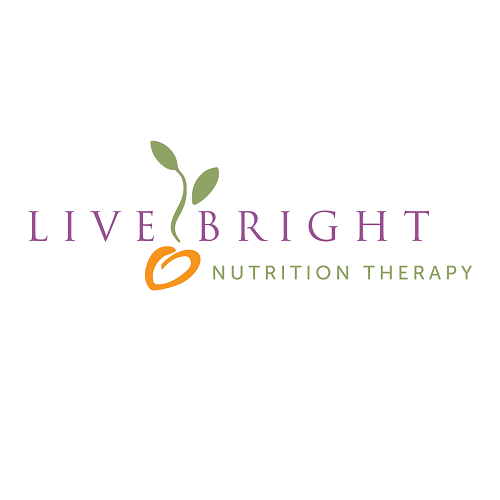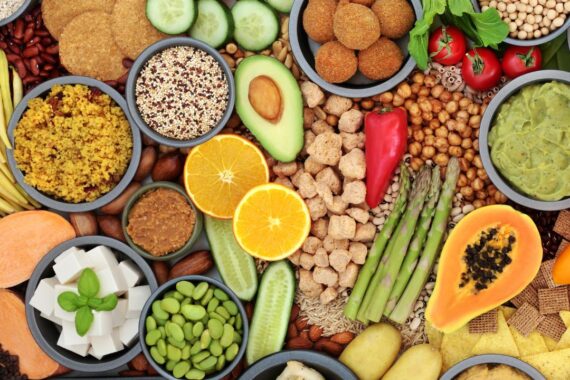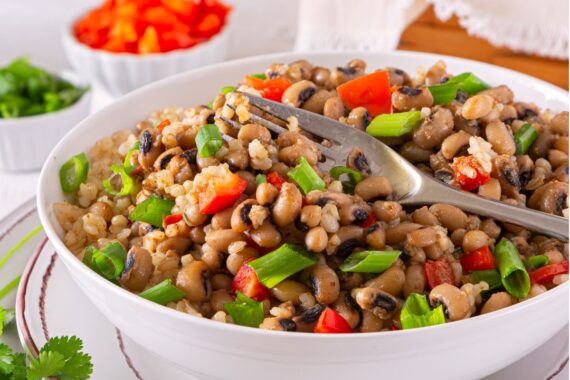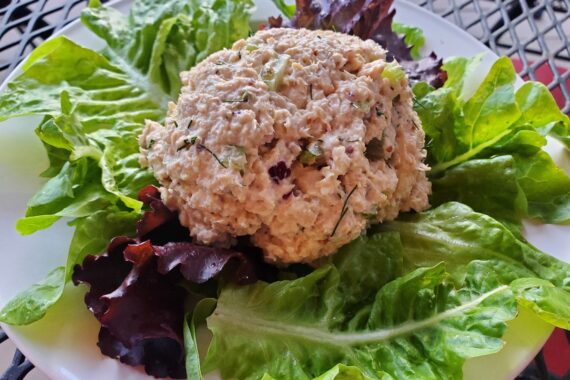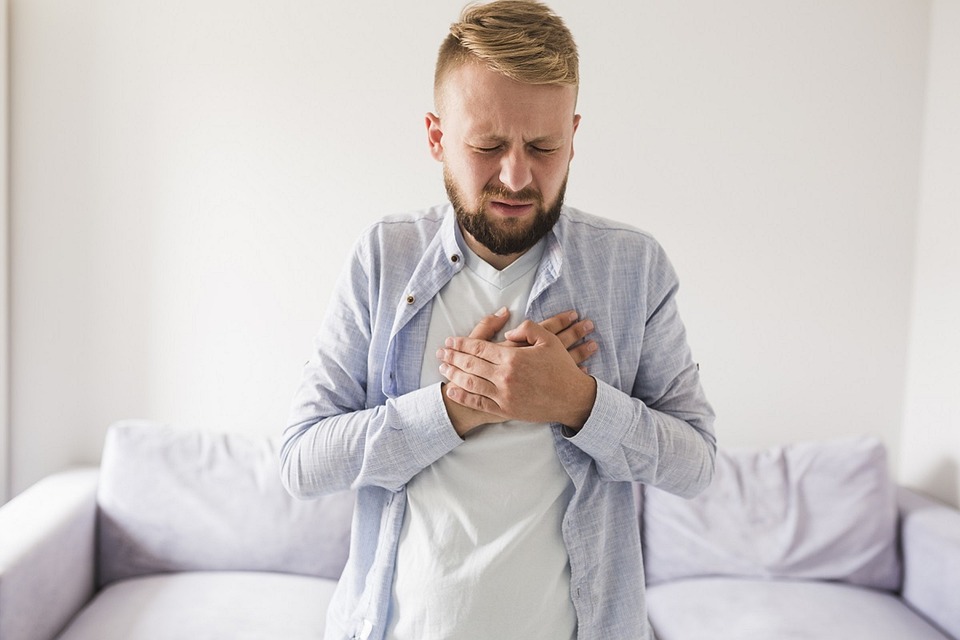
How To Solve Your Heartburn Problems
There it is again – that painful burning sensation rising up from your stomach, sometimes making you catch your breath or cough. It goes by different names – indigestion, acid reflux, heartburn. Whatever you call it, it hurts. You want relief, so you run for the antacid.
People assume that they have heartburn because they have too much stomach acid. Seems logical, right? They think that by taking an antacid, the excess acid is neutralized and the stomach acid is normalized. But this isn’t a correct assumption, and the real reason might seem counterintuitive.
In fact, heartburn is almost always due to having low stomach acid. That’s right, you want more stomach acid, not less. Here’s how it works.
THE IMPORTANCE OF STOMACH ACID
Digestion is an intricate process. It begins in the mouth, and when you swallow, the chewed food travels down your esophagus and into your stomach. Between the bottom of your esophagus and the top of your stomach is a valve called the lower esophageal sphincter (LES). The LES is designed to stay tightly closed to prevent food from traveling back up into the esophagus.
Inside the stomach, there are several chemical reactions at play. Hydrochloric acid (HCl) is produced, and the pH of the stomach drops. You might wonder why this doesn’t burn the inside of your stomach or why the stomach doesn’t digest itself. Fortunately, the stomach produces a thick mucus lining that shields it from the HCl.
Hydrochloric acid (more commonly known as stomach acid) has many important functions. It sets the stage for everything that happens downstream. Without enough stomach acid:
- Your proteins don’t down break down well and food stays in your stomach too long.
- You don’t absorb certain nutrients as well, such as Vitamin B12 and minerals.
- You don’t make as enough digestive enzymes.
- Undesirable microorganisms can live in your stomach and pass into your GI tract.
- The LES doesn’t get the signal to stay tightly closed.
Heartburn is essentially stomach acid in the wrong place.
Which leads us back to the topic of heartburn. When the LES doesn’t get the signal to stay tightly closed, pressure can cause it to open and allow stomach acid to reflux back into the esophagus. This pressure often comes from the gasses from fermenting foods pressing upward. This happens when food has stayed in your stomach too long. The LES opens with a burp, stomach acid enters the esophagus, and there is the burning. The esophagus doesn’t have a thick mucus lining like the stomach, and even a little stomach acid causes burning and pain.
Now that you know that the problem is not enough stomach acid, what causes it in the first place?
- Age – we make less stomach acid as we get older
- Stress – chronic stress can suppress the production of stomach acid
- Vitamin deficiencies – certain nutrients are required to make stomach acid, especially B-vitamins and zinc
- Medications – using acid blockers long term can lead to low stomach acid
- H. Pylori – a chronic bacterial infection in the mouth and stomach that creates a less acidic environment in the stomach, and certain strains are associated with peptic ulcers
HACKS FOR RELIEVING HEARTBURN
How do you know if you have low stomach acid?
A good indicator of inadequate stomach acid is when you feel heartburn symptoms 2-3 hours after your meal. This is a sign that food has been sitting in your stomach longer than it should and is starting to ferment, pressing gasses upward against the LES and allowing back-flow into the esophagus. You may notice this more after a higher protein meal with meat.
Increasing Stomach Acid
If you believe you have low stomach acid, here are two ways to immediately increase the acidity in your stomach.
- Drink 1 tablespoon raw apple cider vinegar in 4 ounces of water 15-20 minutes before eating a meal with protein. This lowers the pH of your stomach.
- HCl supplements are inexpensive and easy to find. These are taken with a protein meal. Start with one capsule as you eat your meal. If you feel a warm sensation in your stomach within 15 minutes, then 0-1 capsule is enough. This type of sensation is not like heartburn in your esophagus. It is a warm sensation in your stomach. If you don’t feel this, at the next protein meal, take 2 capsules. If you feel a warm sensation in your stomach, then 1-2 capsules is enough. If not, take 3 capsules at your next protein meal. You will need more capsules with a big meal.
Other Digestive Aids
In addition to increasing the acidity in your stomach, there are additional steps you can take to improve digestion. These help break down your food so it can be moved out of your stomach in a timely way.
- Digestive enzyme supplements are the same digestive enzymes that your own body makes. If your own enzymes are low, these can help improve digestion.
- Papaya/bromelain enzymes are also effective in helping break down foods.
- Digestive bitters are made from botanicals that are known to improve digestion, typically bitter in flavor. These stimulate the pancreas to release digestive enzymes.
Natural Remedies for Relieving the Burn
- Slippery elm – made from the inner bark of the slippery elm tree, it soothes irritated tissues, increases mucus production and acts as a barrier to acidity. This can be found in capsules or powdered form that can be made into a tea.
- Aloe vera – drink 1/4 cup to soothe irritated tissues
- Deglycyrrhizinated licorice (DGL) – believed to increase mucus production in the stomach
- Ginger root – decreases inflammation from irritation in the stomach
- Melatonin at bedtime – lessens pressure against the LES (note: you should not make it a habit to take melatonin every day)
Other Good Habits to Avoid Heartburn
- Practice Good Eating Hygiene tips for best digestion.
- Chew foods really well – good digestion starts with thorough chewing.
- Don’t eat for 3 hours before bedtime.
- Eat smaller meals more frequently.
- Avoid or eat smaller amounts of your trigger foods. Common trigger foods include sugar, alcohol, raw onion or garlic, fatty foods, tomatoes, spicy foods, citrus fruits and chocolate. Keep a log about what foods trigger your symptoms and figure out your tolerance level to them.
- Make sure to eat foods rich in zinc and B-vitamins – this shouldn’t be a problem if you are eating a whole-foods nutrient-dense diet.
- Minimize highly processed foods that are nutrient-poor.
- Include fermented foods and drinks in your meals. These have beneficial probiotics that help with good digestion.
- Make the connection between your stress levels and digestive symptoms. You can’t digest your food well if you’re stressed out. Stress hormones interfere with good digestion (your body isn’t thinking about digesting food when it’s running from a threat). You digest your food best when you are in a “rest and digest” state when eating and afterward. Sit and relax after for 30 minutes after your meals.
- Elevate the head of your bed if you suffer from reflux while sleeping.
A NOTE ABOUT GERD
Chronic acid reflux may be diagnosed as Gastroesophageal Reflux Disease (GERD). This is often treated with antacids, H2 blockers and proton pump inhibitors (PPIs) to give the person relief from symptoms. These raise the pH of the stomach and give relief, but these are not meant to be used long term, as they can cause serious side effects over time. And as we know, this approach doesn’t help the LES to stay tightly closed.
GERD is sometimes the result of an H. Pylori infection and will not go away on its own. Consider getting tested for H. Pylori if you have GERD and have been on acid reducers for more than 6 months. Work with your doctor and a functional nutritionist to identify H. Pylori and wean off of these acid reducers.
Finally, remember that everything related to your digestion runs from upstream to downstream. If you have digestive issues downstream (cramping, bloating, excessive gas, diarrhea, constipation), it is likely related to a problem upstream. Live Bright Nutrition can help you get to the bottom of persistent digestive issues.
